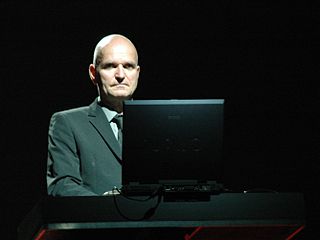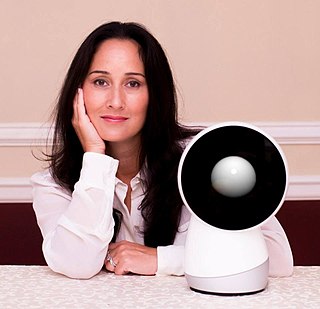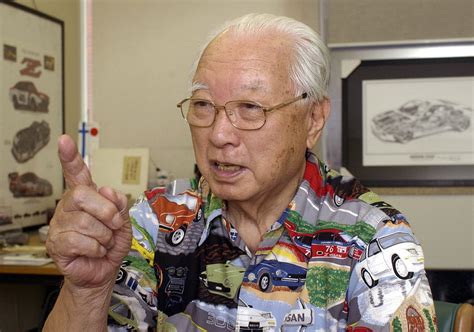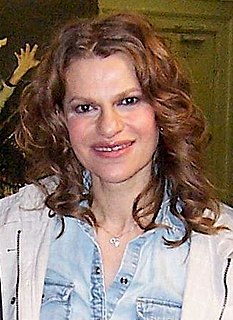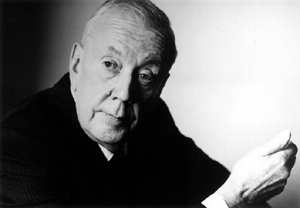A Quote by Florian Schneider
We always found that many people are robots without knowing it. The interpreters of classical music, Horowitz for example, they are like robots, making a reproduction of the music which is always the same. It's automatic, and they do it as if it were natural, which is not true.
Related Quotes
The human attitude of which classical music is the expression is always the same; it is always based on the same kind of insight into life and strives for the same kind of victory over blind change. Classical music as gesture signifies knowledge of the tragedy of the human condition, affirmation of human destiny, courage, cheerful serenity.
I only knew classical music, which to me was the only true music. The only way I could survive at the bar was to mix the classical music with popular songs, and that meant I had to sing. What happened was that I discovered I had a voice plus the talent to mix classical music together with more popular songs, which at the time I detested.
Except in a few cases like Music for Airports, which was a very clear case of noticing a niche [and] saying, "Okay, there's this situation in which people always play music, and nobody has written music for that situation so I'm going to." So, that was a very clear example of spotting a niche and working for it. I have done that occasionally.
Classical music and pop are two different universes, each with its own difficulties, peculiarities, depth and artistic dignity. In Italy, I think there is a fairly clear line of demarcation, but the history of music is full of fusion. Popular and classical music have always found points of contact, of crossing, exchange, both drawing mutual profit.
